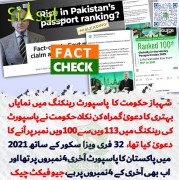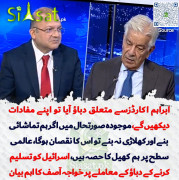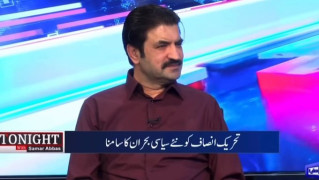Obviously Mohammad Ali Jinnah was disappointed by the behaviour of Hindus. Jinnah's endeavours to bring about the political union of Hindus and Muslims earned him the title of "the best ambassador of Hindu-Muslim unity," an epithet coined by Gokhale. When the failure of the Non-co-operation Movement and the emergence of Hindu revivalist movements led to antagonism and riots between the Hindus and Muslims, the league gradually began to come into its own.
Jinnah's problem during the following years was to convert the league into an enlightened political body prepared to co-operate with other organisations working for the good of India. In addition, he had to convince the Congress, as a prerequisite for political progress, of the necessity of settling the Hindu-Muslim conflict.
To bring about such a rapprochement was Jinnah's chief purpose during the late 1920s and early 1930s. He worked toward this end within the legislative assembly, at the Round Table Conferences in London (1930-32), and through his 14 points, which included proposals for a federal form of government, greater rights for minorities, one-third representation for Muslims in the central legislature, separation of the predominantly Muslim Sindh region from the rest of the Bombay province, and the introduction of reforms in the north-west Frontier Province. But he failed. His failure to bring about even minor amendments in the Nehru Committee proposals (1928) over the question of separate electorates and reservation of seats for Muslims in the legislatures frustrated him.
He found himself in a peculiar position at this time; many Muslims thought that he was too nationalistic in his policy and that Muslim interests were not safe in his hands, while the Indian National Congress would not even meet the moderate Muslim demands halfway. Indeed, the Muslim League was a house divided against it. The Punjab Muslim League repudiated Jinnah's leadership and organised itself separately. In disgust, Jinnah decided to settle in England. From 1930 to 1935 he remained in London, devoting himself to practice before the Privy Council. But when constitutional changes were in the offing, he was persuaded to return home to head a reconstituted Muslim League.
That is why he went back to England. Liaqat Ali Khan went to England and brought the Quaid-e-Azam back to India on the request of Allama Muhammad Iqbal, the poet-philosopher to lead the downtrodden community of India for the achievement of a sovereign and an independent homeland for the Muslims.





























